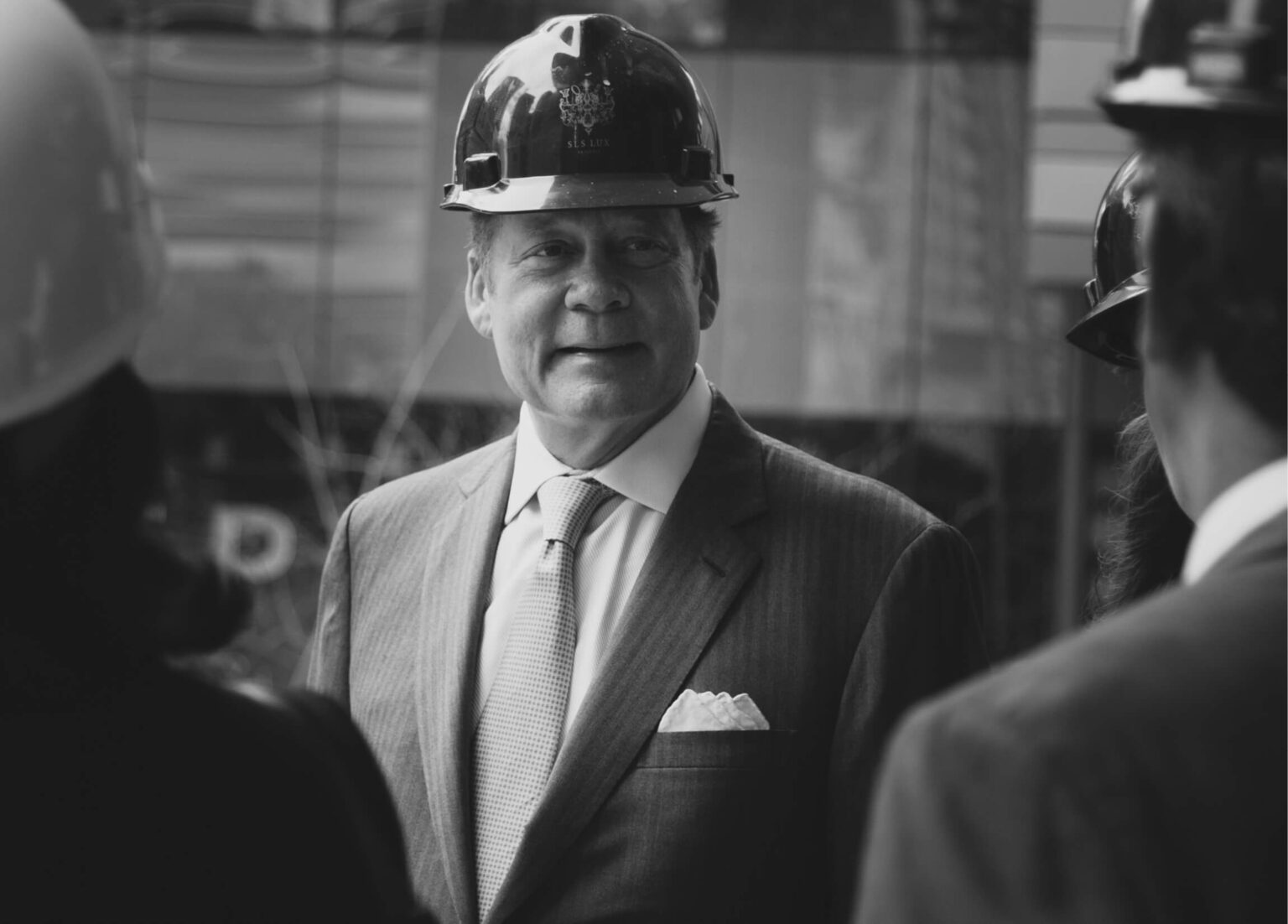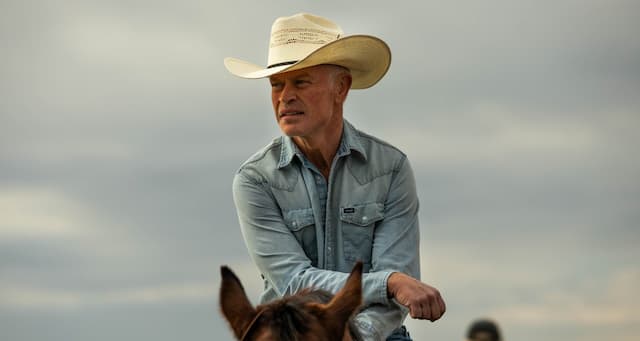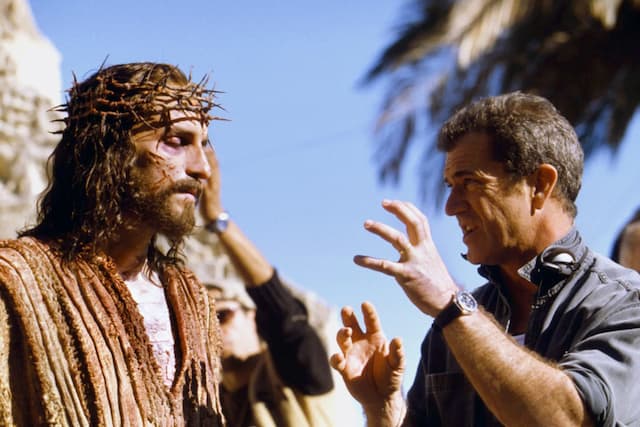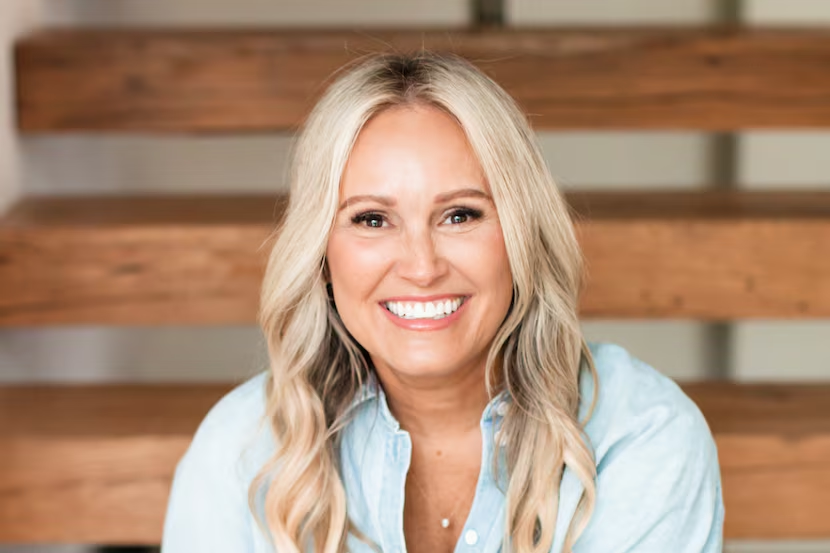New Book ‘All In’ a Case Study on How to Find Our Passion and Purpose

W. Allen Morris seemingly had it all. One of the largest real estate developers in the Southeast, Morris has had a hand in some of the most impressive real estate projects of the last four decades. This successful business leader was driven, skilled at his craft, and even attended church every Sunday, where he taught Sunday school and led Bible studies. Yet something was wrong. Very wrong.
Beset with his ambition, he soon discovered that the very same skills that brought him success and fortune were also tearing him apart and everything he cared about. Rather than soldiering through for the sake of financial prosperity, Morris instead chose to take apart his unfulfilled life and put it back together again. And it was through this process that he learned how to see the blind spots that were limiting his peak potential.
In his latest book, All In: How to Risk Everything That Matters, Morris shows readers how to look deep within for the clues to what drives them. And it is through this process, that he believes people will discover their life’s true purpose.
I recently sat down with Morris to discuss how someone can recognize and eliminate these blind spots in their lives, what to do when you are stuck or feel you have lost your purpose, and definitive steps you can take to regain your footing.
You are one of the largest real estate developers in the Southeast. Yet I also understand that you discovered that the very same drive and skills that brought you so much success in your career was also sabotaging everything that you did and everyone you cared about. What happened?
I realized that I had gotten out of balance in my life. Another factor was I was being driven by things I didn’t really understand in my life. It affected my ability to really understand the truth about myself, problems and conflicts I had with colleagues at work, and with my children, my wife and others. These were really conflicts that I needed to resolve within myself and I was not even aware of.
So, how did you fix all of that? Obviously, you’re risking a lot of things from inside you, your authenticity number one. How did you bring out those blind spots and things that affected you? How did you work to eliminate these things so detrimental to finding your true potential?
We all have blind spots in our lives. Not long ago, I was backing out of my garage and I looked in the rear view mirror, looked to the side, all clear, stepped on the gas. I was in a hurry to get going. And I heard this horrible screeching sound all the way down the side of my new car. I thought, where did this car come from? How could I not see something the size of a car, only 10 feet away? It was in my blind spot. And I began to discover that I had those kinds of blind spots in my own life that were keeping me from connecting with the joy that I wanted in my life. It was keeping me from connecting with my true passion and my true calling, both in my profession and in my personal life. This was happening even though I was wildly successful in my business. I had lots of impressive titles and important responsibilities but I was failing in the areas that mattered most. I wasn’t loving what I was doing.
Obviously this inspired you to take these experiences that you’ve been through and to write a book about it. What was the catalyst for All In?
The catalyst was an event that happened in my life about 22 years ago when I started having severe headaches. The headaches would not go away. It was a 24-hour headache. I went to the head of neurosurgery at my hospital. And after a long interview with me he said, “Well, I’ll tell you right now, with your symptoms you have a brain tumor. So let’s do an MRI and let’s see where your tumor is. Then we’ll know what our options are.” So, I went through a long process of getting the MRI, and then he sent me back in for a CT scan. He came back to me after all of this ordeal and said, “Well, I’ve examined the films. I’ve also met with the radiologist and your tumor is not there.” And I said, well, why are you calling it my tumor if it’s not there?
He said, “Look, I can give you muscle relaxants, beta blockers, and pain meds so you won’t be in any pain.” I said, seriously, is that the best you’ve got? He said, “I don’t know what else to tell you.” I said, well, obviously if there’s no physical cause for these headaches, I have to accept that somehow I must be causing these myself. And that began a journey for me, where I decided to take a short sabbatical from my business. I brought someone else in to run my company for three months and I worked with a coach and a counselor. I began a journey where those three amazing months unexpectedly turned into three amazing years.
You mentioned blind spots a moment ago. How can someone recognize the blind spots in their lives? And second, what are some effective ways to eliminate these blind spots in our lives?
That’s a great question. I think the first thing for me, is it took a severe headache that wouldn’t go away to get my attention. I’m kind of thick-headed and I have a high tolerance for pain. But when the pain got so bad, it finally got my attention. That’s what let me know that there was something going on that I needed to give my full attention to.
So, with a lot of us, it’s a trauma, a conflict, a failure, or a relationship that gets our attention in our lives. I believe that God uses those things in a powerful way in our lives. In Romans 7, we find that Paul struggled with conflict in his inner life. This is the same inner life that we’re talking about.
What do you do when you feel stuck or you’ve lost your purpose? Are there any definitive steps you can take to regain your footing?
Yes. The first place to start is to connect with your feelings. You may be disconnected with your feelings like I was. I was a remedial case. I was so disconnected. I remember that I sat in a circle of men on a retreat and the facilitator asked me, “Alan, what are you feeling right now, mentally, emotionally, physically, spiritually?” And I couldn’t tell him what I thought. I said, well, I feel fine. He said, “Fine’s not a feeling. What are you feeling?” And I said, well, I feel okay. “No, that’s not a feeling.” I said, well, I feel like I really want to accomplish something good at this retreat. “That’s not a feeling. That’s a thought.” And so he kept bringing me back and pointing out to me that I was really good at going into my head and identifying with my thoughts, but really bad at identifying with my feelings.
It began with his writing six feelings on a 3×5 card. He said, “Okay, I’m gonna write on this card, mad, glad, sad, tender, excited, or scared. And I want you to carry this in your pocket every day. And I want you to pull it out 500 times a day and ask yourself, what am I feeling right now?” Well, I did it maybe 10 times a day, but each time I looked at it, it was painfully difficult to think about what am I feeling in each of these categories? What am I feeling right now? And so, I like to help men particularly connect with what it is that they’re feeling.
How does everything that we’ve been talking about help you to become a powerful and effective leader, both at work and at home? How does everything that we’ve been talking about help you to become that person we have been talking about?
That is a great question. I would say that until we, as leaders, understand our own feelings, we can never empathize with and understand the feelings of those who we are leading. And until we understand our own feelings, we can’t empathize and help those who we love the most in our home. That would be our spouse and our children. I was so disconnected from my own feelings. How could I begin to understand the feelings of my wife and my children? And so this is a gateway. Some people would say feelings are changeable and feelings are not a big deal. Feelings are not the ultimate truth. You’re absolutely right. They’re not, but feelings are like a thermometer. They tell you that your temperature is 102 degrees. You may not know that, but when you look at that, you say, wow, I’ve got something serious going on inside. I’ve got an infection or I’ve got a serious condition. I need to get to my doctor right away. And the same way that the check engine light may come on the dashboard of your car, you may not feel like you have a problem, but you better stop that engine quick, before it freezes, blows up, or catches on fire. There’s a reason that check engine light is going on. And that’s what our feelings are for us. Yes, they’re changeable. They come and go like the weather, but they’re indicators that are critically important for us to know what’s going on inside of us, because that’s going to affect everything we do on the outside.
Can this book be used for group study or is it intended to be an individual pursuit?
We designed the book to be used in two ways. One is for an individual to read it on their own with a few questions at the end of each chapter for reflection and maybe personal journaling. I think men will find journaling to be really helpful. Also, at the end of the book, we have a complete readers guide that can be used with a small group, Sunday school class, men’s group, or a women’s group. It has a lot of discussion questions for interaction on each chapter of the book. So, you can take those 10 chapters and have discussions around each one of those that I think will be very relevant to small groups. It will create some really interesting interaction as people feel safe to be real and vulnerable in a small group. And it may be the most significant small group that a person’s ever had.
After people have read All In, what’s your greatest hope for the book?
Well, I think my greatest hope is that people would use this to begin their own personal journey, a journey into their own inner life. It’s a lot like shining light into a well where so much is revealed that you didn’t know was there, but it’s a part of your life that you carry with you every day. This is not some strange psychology. It’s just the truth about you. The truth about me. And when we see the truth about ourselves, we can be more kind and compassionate toward ourselves. And then that allows us the freedom to be more empathetic and compassionate towards others around us and that freedom. It’s blown the lid off of the success of my relationships and the success of my own business that has grown 20 times what it was when I started this journey.
To Purchase All In: How to Risk Everything for Everything That Matters












